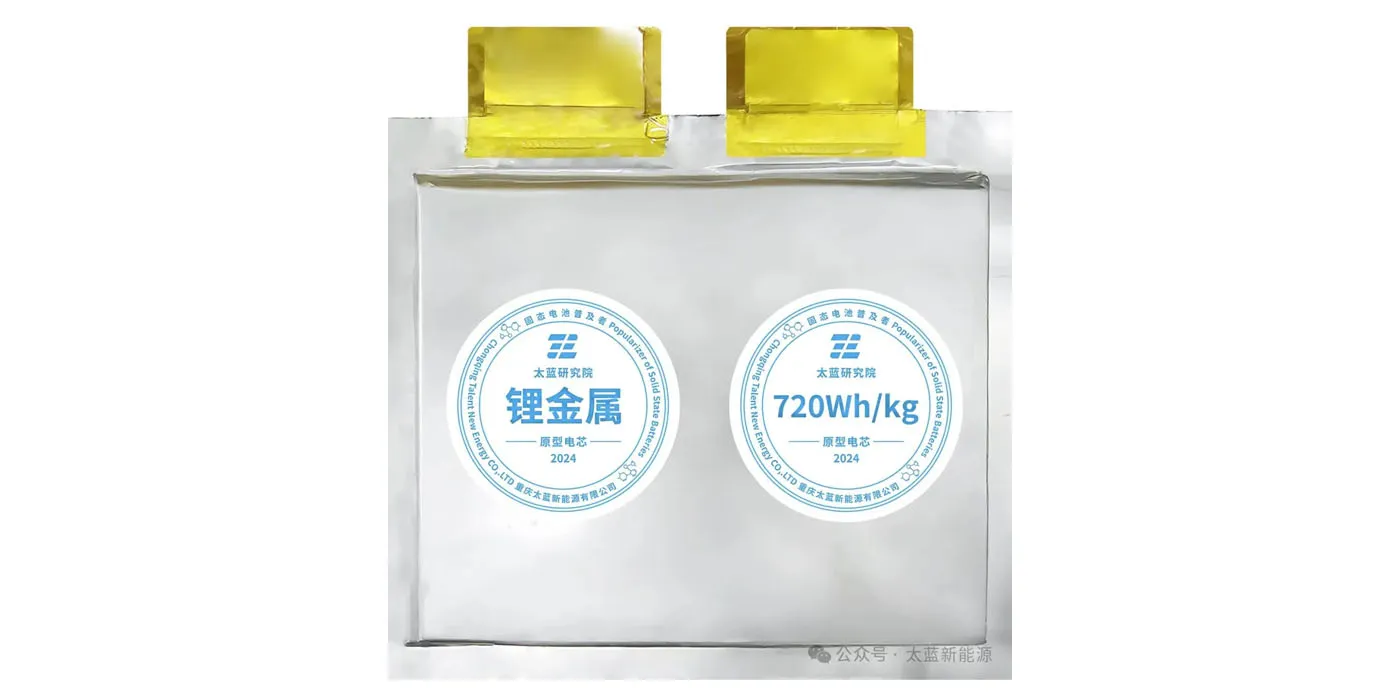
Chinese solid state battery maker promises 2,000 km range

Tailan’s solid state cells are prototypes, but mass-production is scheduled for 2025. /Tailan
Tailan New Energy, a Chinese company developing solid-state lithium battery technology, has disclosed significant advancements in its latest


Comments
Ready to join the conversation?
You must be an active subscriber to leave a comment.
Subscribe Today